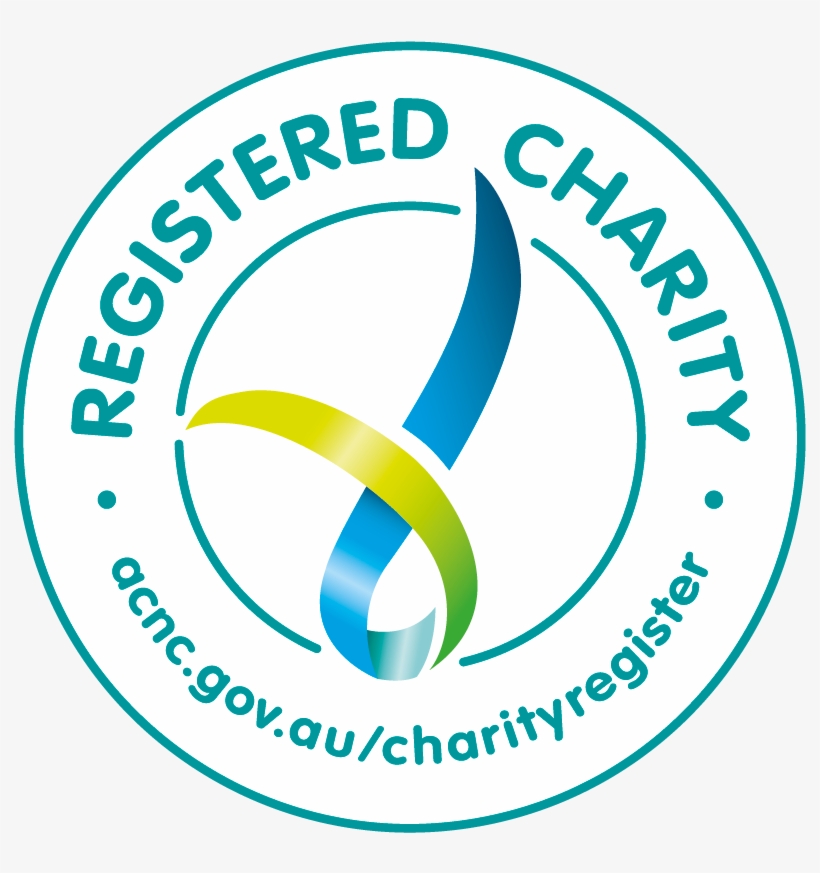Our Approach
Our Thematic Areas
Our projects centre on two interconnected areas:
• Schools as Sustainability Hubs – equipping schools to model and spread sustainable practices e.g. sustainable agriculture, solar electricity
• Community Cooperatives – supporting groups to strengthen livelihoods and local economies e.g. farming cooperatives
Together, these approaches allow us to address a wide range of challenges and create lasting, positive impact across entire communities.
How We Partner and Work With Communities
Strategic Scoping
Our scoping process takes several months and combines government data, partner insights, and field visits to ensure we are working where the need and opportunity for impact are greatest.
In Malawi, where the population is dense, our projects typically operate at the scale of 30–50 villages — government‑designated “regions.”In Sri Lanka, by contrast, we work more closely at the scale of a single village, tailoring our approach to the local context.
Planning to Action
Together with communities, we co‑create 6–12 month action plans based on local strengths and priorities. Our role is to provide the training, investment, and resources needed for project teams to achieve their goals.
While we emphasise local skills and assets, we also offer targeted support to help projects get started — such as seed funding for community co‑ops, grants for essential tools, or specialised training.
Ongoing Support - 5 years
Our local staff work closely with community project teams to help them achieve their action plans. This support includes regular visits and facilitating connections with key stakeholders who can strengthen and sustain their initiatives.
Because our goal is to foster self‑reliance, our direct involvement gradually decreases over time, enabling local project teams to take full ownership and lead with confidence


Connect with us
Follow our project updates on social media
© Copyright 2026. Empower Projects. All rights reserved.